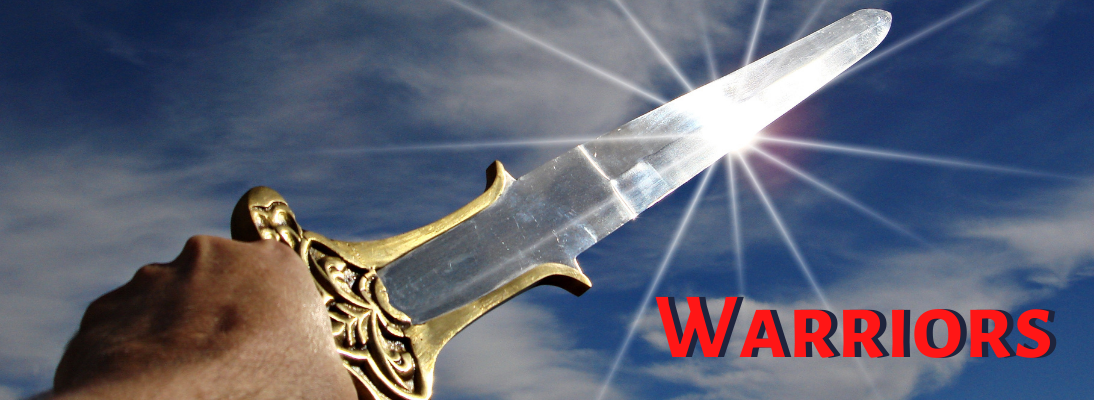1 Peter 5:6
Building community in the social context—in the context of our friendships—means reworking existing friendships into authentic friendships. It means dismantling false images, the ones we’ve worked so hard to construct. It means humbling ourselves in front of our friends by showing them our undisguised, unguarded brokenness—our flaws and failures, our mistakes and fears. Hard stuff, no question. What’s even harder, though, is that doing this often requires that we go first. You see, authenticity is counterculture. Look around. Few people live in authentic friendship. And so, when and if we choose to, we’re likely to be out in front, all alone . . . for a time, at least.
So why then? Why would we do it? Well, it’s only through authenticity that transformation-to-Christlikeness happens. It certainly doesn’t happen when we’re hiding, impersonating, posturing. It just doesn’t. It’s the way we come into the character of Jesus Christ. And, it’s the way we help our friends to, as well. You see, while very few of us men are willing to go first, most of us will follow those who do: “If he can do it . . .” So, when one of us steels himself and humbles himself, others follow. Going first is, therefore, both holy and heroic. Going first puts us squarely at the front of God’s offensive: healing the brokenhearted and setting the captives free (Luke 4:18).
Okay, so what do we do?
Someone must go first. Somebody always does. Be courageous. Pray boldly, brother: “If someone must, let it be me.” Among your group of friends, be that guy. It’ll be scary, sure. It might not go really well. But, that’s okay. We men are built for this kind of stuff. We’d wither without opposition. And it’s all worth it. This can be some of the most important work we’ll ever do.
1Peter 5;6
Building community in the social context—in the context of our friendships—means reworking existing friendships into authentic friendships. It means dismantling false images, the ones we’ve worked so hard to construct. It means humbling ourselves in front of our friends by showing them our undisguised, unguarded brokenness—our flaws and failures, our mistakes and fears. Hard stuff, no question. What’s even harder, though, is that doing this often requires that we go first. You see, authenticity is counterculture. Look around. Few people live in authentic friendship. And so, when and if we choose to, we’re likely to be out in front, all alone . . . for a time, at least.
So why then? Why would we do it? Well, it’s only through authenticity that transformation-to-Christlikeness happens. It certainly doesn’t happen when we’re hiding, impersonating, posturing. It just doesn’t. It’s the way we come into the character of Jesus Christ. And, it’s the way we help our friends to, as well. You see, while very few of us men are willing to go first, most of us will follow those who do: “If he can do it . . .” So, when one of us steels himself and humbles himself, others follow. Going first is, therefore, both holy and heroic. Going first puts us squarely at the front of God’s offensive: healing the brokenhearted and setting the captives free (Luke 4:18).
Okay, so what do we do?
Someone must go first. Somebody always does. Be courageous. Pray boldly, brother: “If someone must, let it be me.” Among your group of friends, be that guy. It’ll be scary, sure. It might not go really well. But, that’s okay. We men are built for this kind of stuff. We’d wither without opposition. And it’s all worth it. This can be some of the most important work we’ll ever do.
